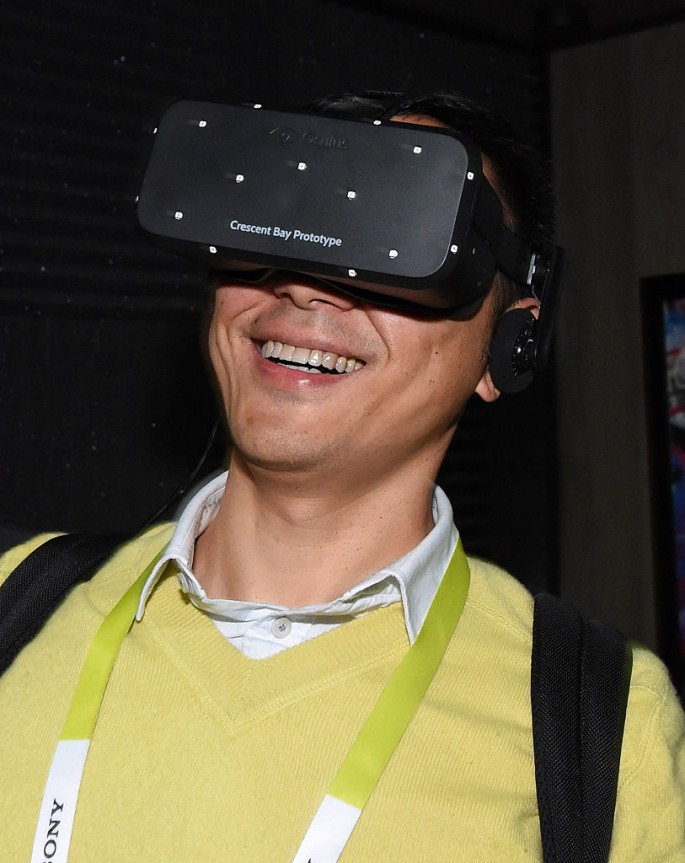China’s virtual reality market is growing at a very rapid pace and is expected to expand even more by 2020, making this the best time for creative minds to dive into the industry.
Venture Beat reported on Sunday that the market for virtual reality has grown irrevocably in the past few years, with sales reaching millions of dollars.
But while the market for VR hardware is still booming, the outlet believes that the industry could better benefit if more developers dived into the creation of content rather than competing in the already crowded virtual reality products market.
Maximizing Virtual Reality
Engaging in the virtual reality business requires much creativity in order to maximize the breaking down of a fourth wall in entertainment and gaming.
The thinking-out-of-the-box mindset is a major advantage in this industry, especially since discovering new uses of the technology can be a hit.
With this in mind, Venture Beat noted that the industry could further enhance the riches of tech companies like Facebook Inc., Sony Corp., and HTC Corp. if they focus on content instead of creating hardware.
Because of the lack of American-made head-mounted devices (HMD) that can be used as accessories with smart devices in China, the country's entrepreneurs saw an opportunity to innovate.
"While the country has been seen as a copier of Western technology, VR is a new medium that could foster innovation and drive China's future market," the outlet explained.
Success in the Business
Bloomberg reported in May how the virtual reality business earned some of China's top online selling companies millions of dollars.
According to the report, Alibaba Group Holding Ltd., Tencent Holdings Ltd., and Baidu Inc. earned collective sales of $1.1 billion in VR, but not by developing their own brand of hardware.
"All three of these companies want to focus on creating platform and content. The issue facing China's VR industry at this point is that it lacks core technology, so they need to hedge their bets," explained Ricky Lin, an analyst at iResearch in Beijing.
Among the best examples of innovative use of virtual reality is Taobao's event on July 22-24 where the Chinese e-commerce firm is set to introduce online shopping via the said technology.
"The system supports HTC's Vive with content created by Alibaba's VR lab," DigiTimes reported.
With all this development, China's VR industry is expected to expand further to reach a value of as much as $8.5 billion by 2020.



























